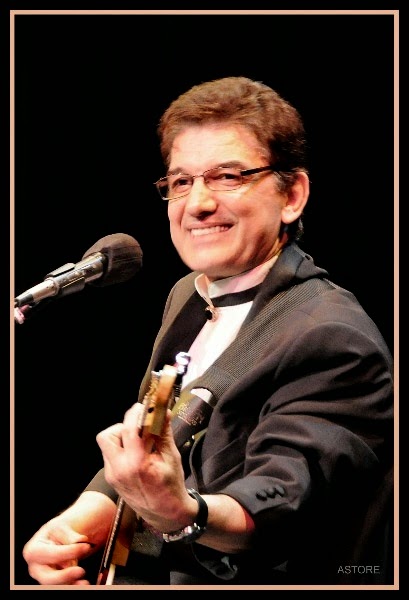The following is an excerpt of a 26 December 2012 email sent from Art to Will.
I still see an
austere cult as fitting the story/songs, for several reasons.
It's more in keeping with the meaning/process of apotheosis
I'm thinking very much of Ovid's (my paesan, who lived and wrote just 20 miles north of where my family originates!) telling of Heracles poisoning and subsequent apotheosis. Apotheosis usually (to my knowledge, always) involves a burning away of the human so that the only divine is left. It's a pagan concept, co-opted probably by the Manichaeans, but it is also not a far cry from John of the Cross or Catherine of Genoa.
So apotheosis would not likely happen after or during a period of self-indulgence, but rather after a period of self-abnegation and mortification. I think it's perfect that Heracles' apotheosis occurs shortly after his new wife is almost kidnapped by a centaur, and that, upon realizing that he has been poisoned, he initiates his apotheosis himself (building and igniting his own funeral pyre!). Likewise, Arthur's initiates his own imagined apotheosis during or shortly after his divorce.
It's more in keeping with the normative rock/r&b star phenomenon
I see the spirituality of chastened hubris as the more common phenomenon when it comes to rock star types (cf. George Harrison and the Beatles generally, John MacLaughlin/Mahavishnu, Carlos Santana, Robert Alpert/Ram Dass, Stevie Wonder, etc., etc.).
You can also lump in Al Green and Marvin Gaye, who, when burned by the fires of human love, would retreat into spirituality (the Rev. Al Green did this for a couple decades after his then girlfriend assaulted him with a pan of hot grits and then committed suicide).
I am less impressed by the more modern phenomenon of Scientology and Kabbala (and by the types of people who tend fall into it). I think it's a distinctly different phenomenon and one reserved for people who don't have the rich spiritual background (such as Catholics or blacks have).
It more clearly parallels the normative path as laid out by the mystical doctors of the Church
I really see this as key to the plot line of this story.
It's borrowed loosely from the
Household Saints character Teresa Santangelo, played by Lili Taylor. By the end of the movie, it's clear that, in spite of getting knocked off the traditional saintly path by modernity, she nonetheless became the saint God intended her to be.
In short, it seems that God used the spiritual desolation of modern life as her road of trials.
Arthur goes through a similar process. His divorce is a distorted version of the dark night of the senses. The cult represents a distorted version of
the dark night of the spirit. Electroshock represents the final threshold after which Arthur arrives at a distorted version of "the soul in a state of perfection" from which it is unlikely to fall again (in his case, a pure spiritual state that many ascribe to cognitively disabled people).
In other words, all these stages have their normative counterpart in mysticism.
But, since modern American life provides none of the traditional guides or guideposts (once widely available to anyone desiring to embark on the journey toward God), God intervenes and sanctifies Arthur through these counterfeit, unintended trials.
It illustrates something that I believe generally about an unbelieving age: that many modern saints (though probably not the canonized ones) will be sanctified almost entirely within God's consequent (as opposed to antecedent) will. The irony is that someone who departs from God's will can't fully free himself from God's will; God's will asserts itself even in an evil and unbelieving age.
Yes, Jonah returns to the right path and preaches repentance to the Ninevites, but the famed "sign of Jonah" is his time spent in the belly of the whale!
A sudden loss of musical inspiration wouldn't seem rational
One of the ideas implicit in the distorted spiritual path concept is that something pure persists in spite of being dragged through the muck. It's a very incarnational idea.
In the case of Arthur White, that something is music.
Whether he is at the height of his hubris/bravado, in the abyss of his involvement with a cult, or even the catatonia of his post-electroshock life, the music persists. In fact, it is paradoxically strengthened by each debasement. Grace flourishes further.
I know that a cult could be considered an "irrational element" that brings about an abrupt change (such as an abrupt loss of musical taste/talent), but, like Aristotle, I believe that irrational elements (another one would be
deus ex machina) should be kept to a minimum. It seems more likely that his inspiration would remain with him through this period as well.


